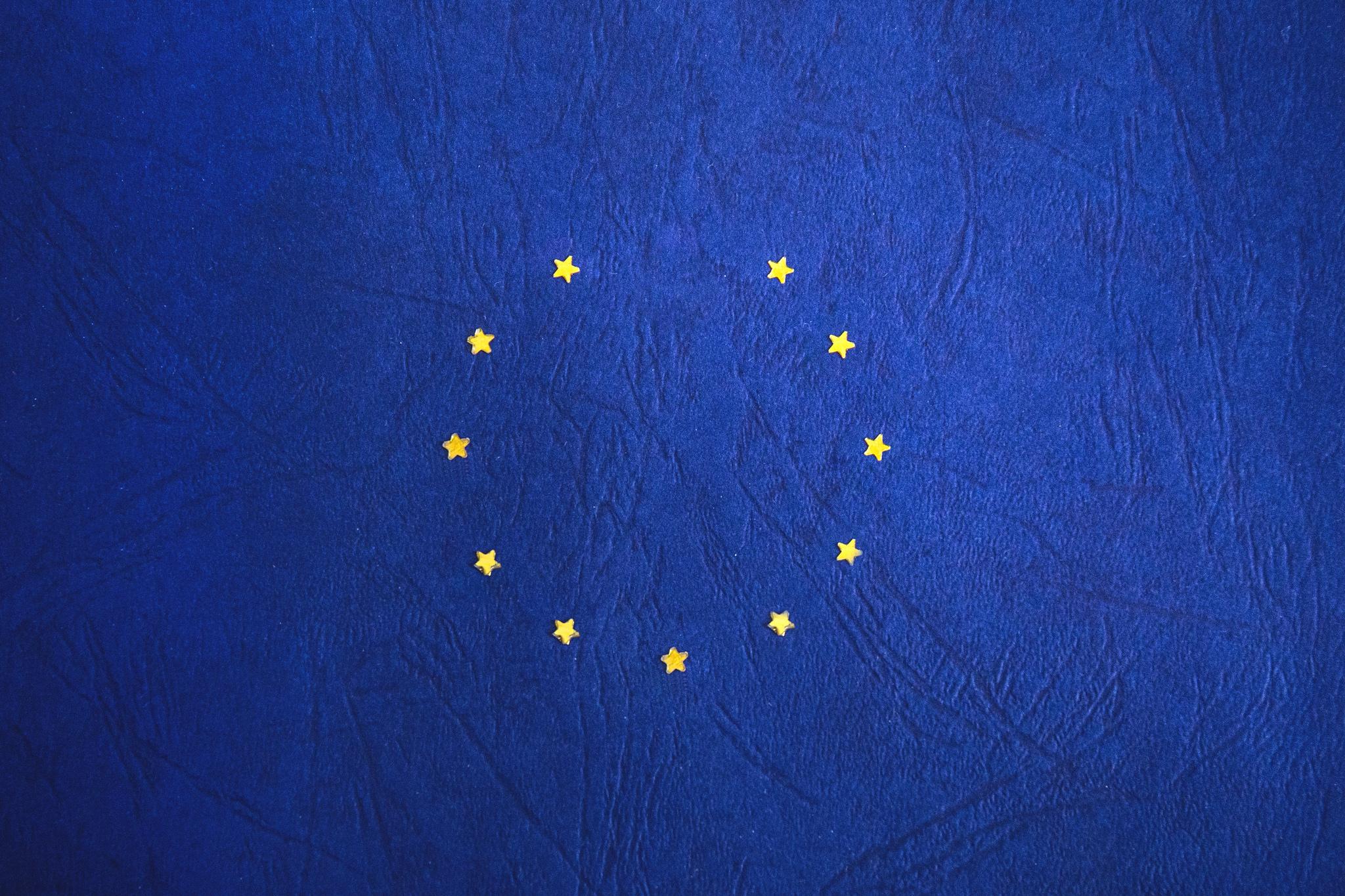When the British government announced that 52 percent of the population had voted to leave the European Union, this seemed to be a final decision. Right-wing populists from Marine le Pen in France to Geert Wilders in the Netherlands euphorically congratulated the Leave voters and already demanded their own national referendums. Global stock markets lost about three trillion in the course of the Brexit panic. The EU is in a shambles.
I recently talked to some young Remain-campaigners who had been very active in the last months, trying to explain the European idea to other young people and fighting for their future within the EU – mainly for the right to travel and work anywhere they wish to. I can hardly imagine what a Brexit will do to their lives. How did it come so far that a slight majority of Britons wants ‘their country back’? Why do they believe that Britain has to regain an independence it never lost?
The arguments of the Brexit-campaigners are absurd: the UK has always been a sovereign nation and Britain did not squander exorbitant amounts of money on the EU without getting something in return. But, unfortunately, people are prone to simplistic narratives. Be that as it may, students, young professionals and cosmopolitans will suffer from the short-sighted decision of small minds: nationalism at its very worst.
Where do we stand now, only a few days after Friday’s depressing hangover mood? Many predict that right-wing forces throughout Europe will gain further momentum and that exit-referendums are going to be part of the ‘default mode’ the EU will find itself in in the near future.
Fearing a possible pull effect of the Brexit vote, EU officials and representatives of EU governments urged the British government to get the matter done and dusted as fast as possible and without unnecessary mud-slinging. With good reason, since rumours spread that Cameron would try to delay the exit talks.
The problem is that nobody has a ‘how to leave the EU’ blueprint. The Brexit supporters are the only ones who still claim that everything is under control.
But in these rather dark days, control is nothing more than an abstract term. Europe lost control long before Britain decided to leave. Otherwise, Eurosceptics would not have been so successful in highlighting Europe’s deficits.
On the other hand, even though Europe is weeping as James Bartholomeusz wrote in his recent post, there is still reason for hope. There can be no doubt that the Brexit vote is a European tragedy, but it is also an opportunity to bring the remaining EU members closer together. This salutary effect might be a wake-up call against the paralysis the EU has suffered from since so many years. Europe must finally go beyond an economic union and become a political union. It must become more attractive – not only for young students from eastern Europe and highly educated people living in London and Paris who have already developed a European identity, but also for those who feel excluded by some far-away Brussels elites.
We sat back for too long and enjoyed the EU as if its advantages could be taken for granted, deeply convinced of its resiliency. Now we recognise that this was a false assumption. The British Remain voters will be among the first to experience the consequences of ignorance.
However, there is another reason to be slightly optimistic: more than 3 million Britons already signed a petition that they want a second referendum to be held. And the regional governments of Scotland and Northern Ireland unanimously announced that they are planning to stay in the EU. The result of 23 June came as a shock but the vote is not legally binding. The fat lady hasn’t sung yet and the Brexit referendum risks of becoming a ‘neverendum’. Even though it is not an option to keep voting until there is the ‘right result’, I still hope that young people in Britain will bundle their outrage, anger and dismay and refuse to accept that the Eurosceptics will destroy their future as EU citizens.
Julia Berghofer (1987) is from Germany. She is currently completing her Master’s degree in Political Sciences. At the time of the Brussels attacks she was an intern at the Heinrich-Böll-Stiftung in Brussels. Julia is a guest on this blog.


